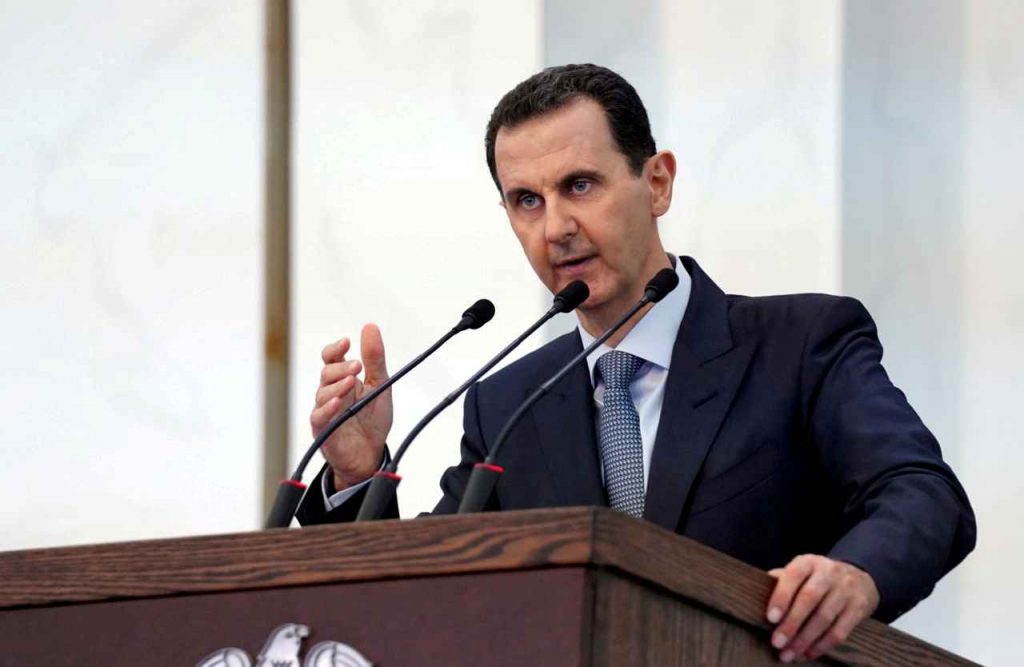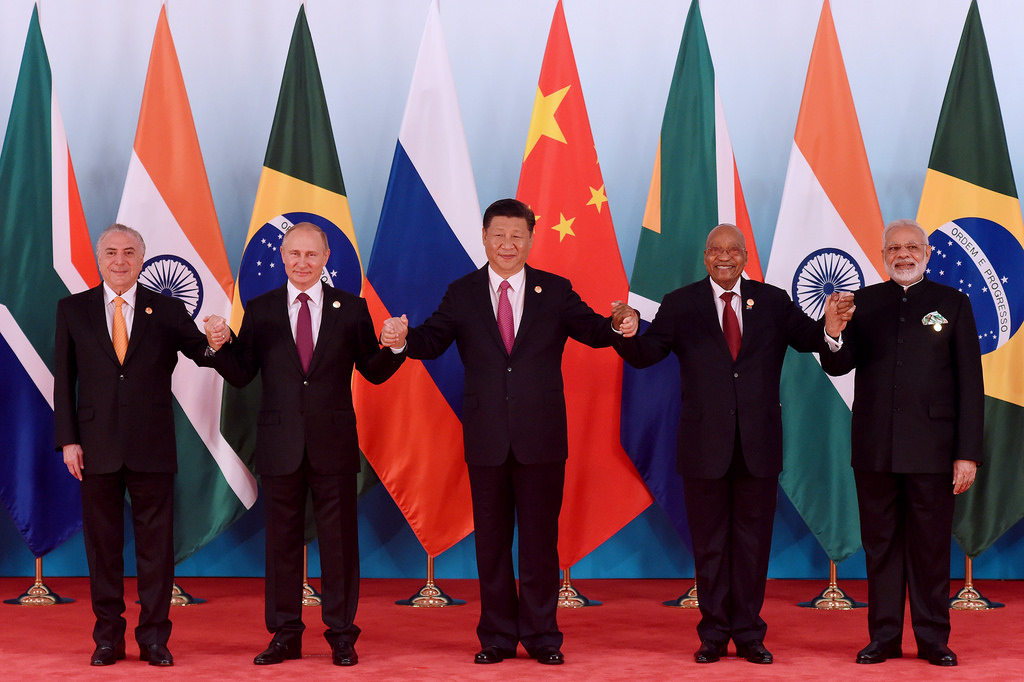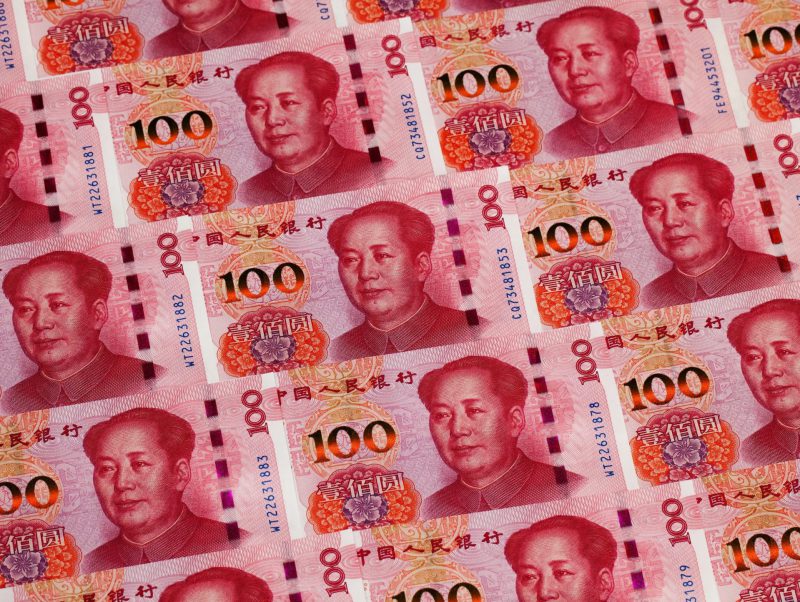Amid the rising prominence of the BRICS nations, de-dollarization has seemingly been in full effect. Moreover, Syria has expressed its confidence in the Chinese yuan, showing that the currency’s adoption is gaining ground on the US dollar.
The President of Syria, Bashar al-Assad, has recently stated his belief in the Chinese yuan. Subsequently, he has empowered the currency to eventually supplant the greenback’s global reserve status. Nevertheless, the support is set to continue the fading relevance of the US dollar in international settlements.
Chinese Yuan Gets Strong Support


The BRICS nations and de-dollarization have been constant headlines so far this year. Subsequently, the two ideas go hand in hand, as one is seemingly progressing with the other. Yet, despite the confidence many have in the greenback’s perseverance, international developments continue to threaten its relevance.
Specifically, the BRICS nations have seemingly led to an appeal for Chinese yuan adoption, which has now seen the currency gain ground on the US dollar. Additionally, it appears as though the West has seen conflict in the economic realm grow in recent weeks. While it continues to lose traction.


Syrian President Assad noted his support for the adoption of the Chinese yuan. Specifically, he stated that the world needed China’s presence. Additionally, he states that the country will restore balance to global power as the BRICS alliance creates an entity that could restore the multipolar international order.
Additionally, a meeting took place between Saudi Arabia and Iran, according to Forbes. Both countries had reportedly applied for membership in the BRICS collective, as both Assad and Iranian President Ebrahim Raisi sought to establish a “new phase of deepening relations,” between the two countries.





